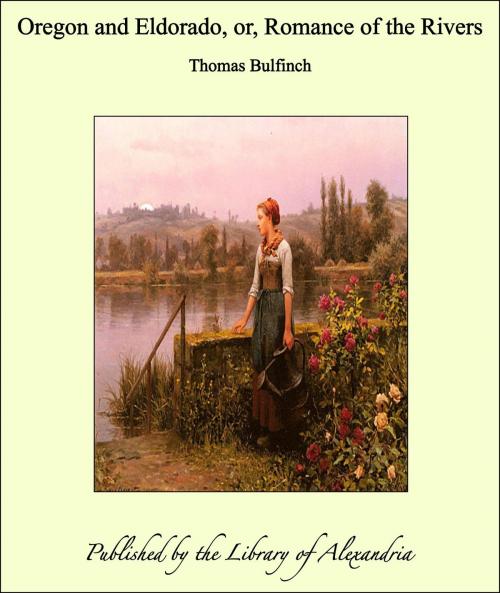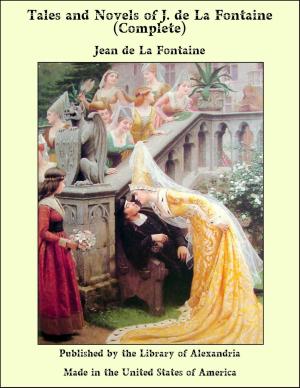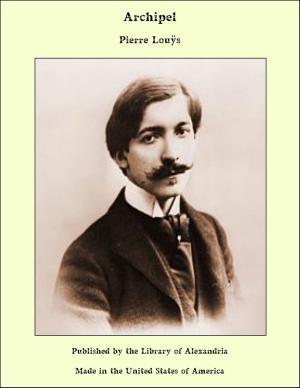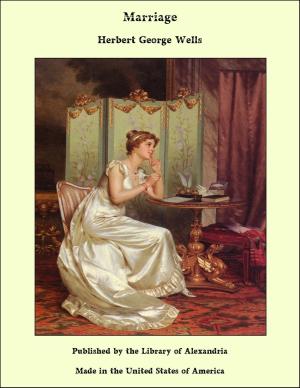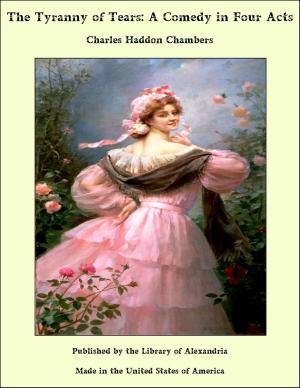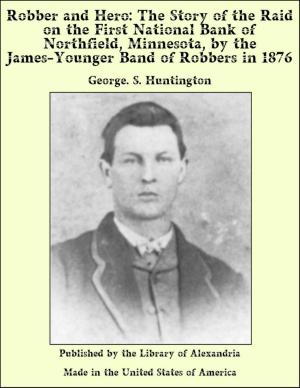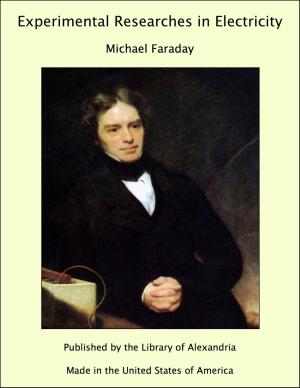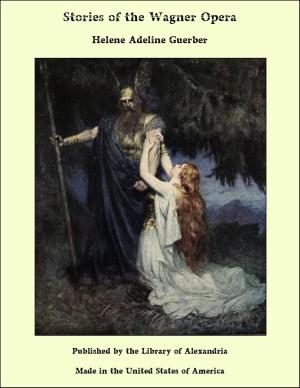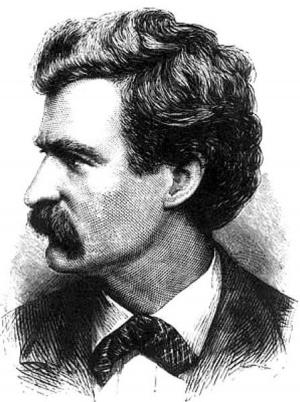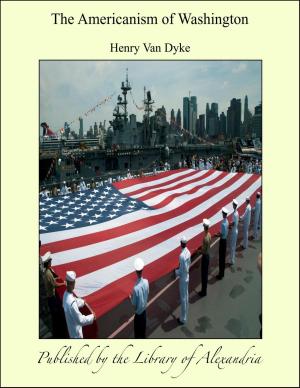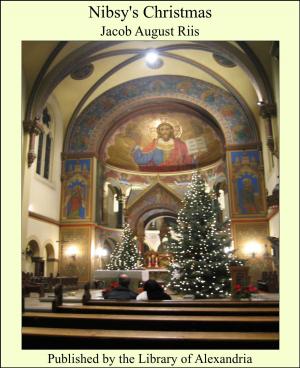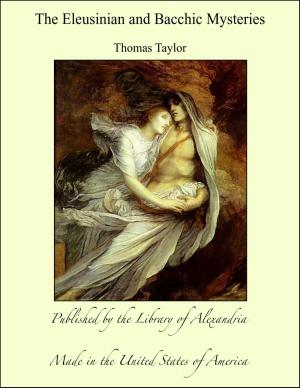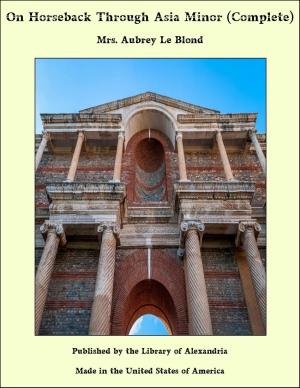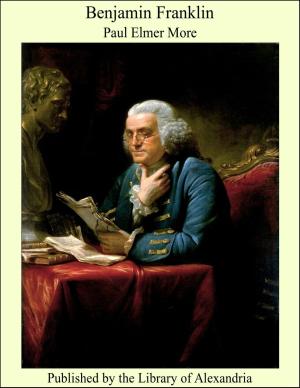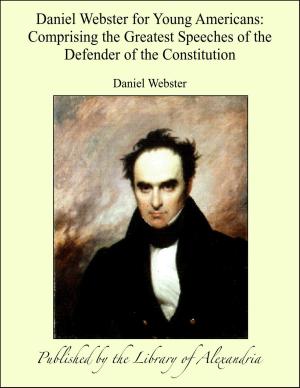Oregon and Eldorado, or, Romance of the Rivers
Nonfiction, Religion & Spirituality, New Age, History, Fiction & Literature| Author: | Thomas Bulfinch | ISBN: | 9781465554475 |
| Publisher: | Library of Alexandria | Publication: | March 8, 2015 |
| Imprint: | Language: | English |
| Author: | Thomas Bulfinch |
| ISBN: | 9781465554475 |
| Publisher: | Library of Alexandria |
| Publication: | March 8, 2015 |
| Imprint: | |
| Language: | English |
OREGON. DISCOVERY OF COLUMBIA RIVER. A few years ago, there was still standing in Bowdoin Square, Boston, opposite the Revere House, an ancient mansion, since removed to make room for the granite range called the Coolidge Building. In that mansion, then neither old nor inelegant, but, on the contrary, having good pretensions to rank among the principal residences of the place, was assembled, in the year 1787, a group, consisting of the master of the mansion, Dr. Bulfinch, his only son Charles, and Joseph Barrell, their neighbor, an eminent merchant of Boston. The conversation turned upon the topic of the day,—the voyages and discoveries of Capt. Cook, the account of which had lately been published. The brilliant achievements of Capt. Cook, his admirable qualities, and his sad fate (slain by the chance stroke of a Sandwich-Islander, in a sudden brawl which arose between the sailors and the natives),—these formed the current of the conversation; till at last it changed, and turned more upon the commercial aspects of the subject. Mr. Barrell was particularly struck with what Cook relates of the abundance of valuable furs offered by the natives of the country in exchange for beads, knives, and other trifling commodities valued by them. The remark of Capt. Cook respecting the sea-otter was cited:— "This animal abounds here: the fur is softer and finer than that of any other we know of; and therefore the discovery of this part of the continent, where so valuable an article of commerce may be met with, cannot be a matter of indifference." He adds in a note, "The sea-otter skins are sold by the Russians to the Chinese at from sixteen to twenty pounds each." Mr. Barrell remarked, "There is a rich harvest to be reaped there by those who shall first go in." The idea thus suggested was followed out in future conversations at the doctor's fireside, admitting other congenial spirits to the discussion, and resulted in the equipping of an expedition consisting of two vessels, the ship "Columbia" and sloop "Washington," to make the proposed adventure. The partners in the enterprise were Joseph Barrell, Samuel Brown, Charles Bulfinch, John Derby, Crowell Hatch, and J. M. Pintard. So important was the expedition deemed by the adventurers themselves, that they caused a medal to be struck, bearing on one side a representation of the two vessels under sail, and on the other the names of the parties to the enterprise. Several copies of this medal were made both in bronze and silver, and distributed to public bodies and distinguished individuals. One of these medals lies before the writer as he pens these lines. A representation is subjoined
OREGON. DISCOVERY OF COLUMBIA RIVER. A few years ago, there was still standing in Bowdoin Square, Boston, opposite the Revere House, an ancient mansion, since removed to make room for the granite range called the Coolidge Building. In that mansion, then neither old nor inelegant, but, on the contrary, having good pretensions to rank among the principal residences of the place, was assembled, in the year 1787, a group, consisting of the master of the mansion, Dr. Bulfinch, his only son Charles, and Joseph Barrell, their neighbor, an eminent merchant of Boston. The conversation turned upon the topic of the day,—the voyages and discoveries of Capt. Cook, the account of which had lately been published. The brilliant achievements of Capt. Cook, his admirable qualities, and his sad fate (slain by the chance stroke of a Sandwich-Islander, in a sudden brawl which arose between the sailors and the natives),—these formed the current of the conversation; till at last it changed, and turned more upon the commercial aspects of the subject. Mr. Barrell was particularly struck with what Cook relates of the abundance of valuable furs offered by the natives of the country in exchange for beads, knives, and other trifling commodities valued by them. The remark of Capt. Cook respecting the sea-otter was cited:— "This animal abounds here: the fur is softer and finer than that of any other we know of; and therefore the discovery of this part of the continent, where so valuable an article of commerce may be met with, cannot be a matter of indifference." He adds in a note, "The sea-otter skins are sold by the Russians to the Chinese at from sixteen to twenty pounds each." Mr. Barrell remarked, "There is a rich harvest to be reaped there by those who shall first go in." The idea thus suggested was followed out in future conversations at the doctor's fireside, admitting other congenial spirits to the discussion, and resulted in the equipping of an expedition consisting of two vessels, the ship "Columbia" and sloop "Washington," to make the proposed adventure. The partners in the enterprise were Joseph Barrell, Samuel Brown, Charles Bulfinch, John Derby, Crowell Hatch, and J. M. Pintard. So important was the expedition deemed by the adventurers themselves, that they caused a medal to be struck, bearing on one side a representation of the two vessels under sail, and on the other the names of the parties to the enterprise. Several copies of this medal were made both in bronze and silver, and distributed to public bodies and distinguished individuals. One of these medals lies before the writer as he pens these lines. A representation is subjoined
